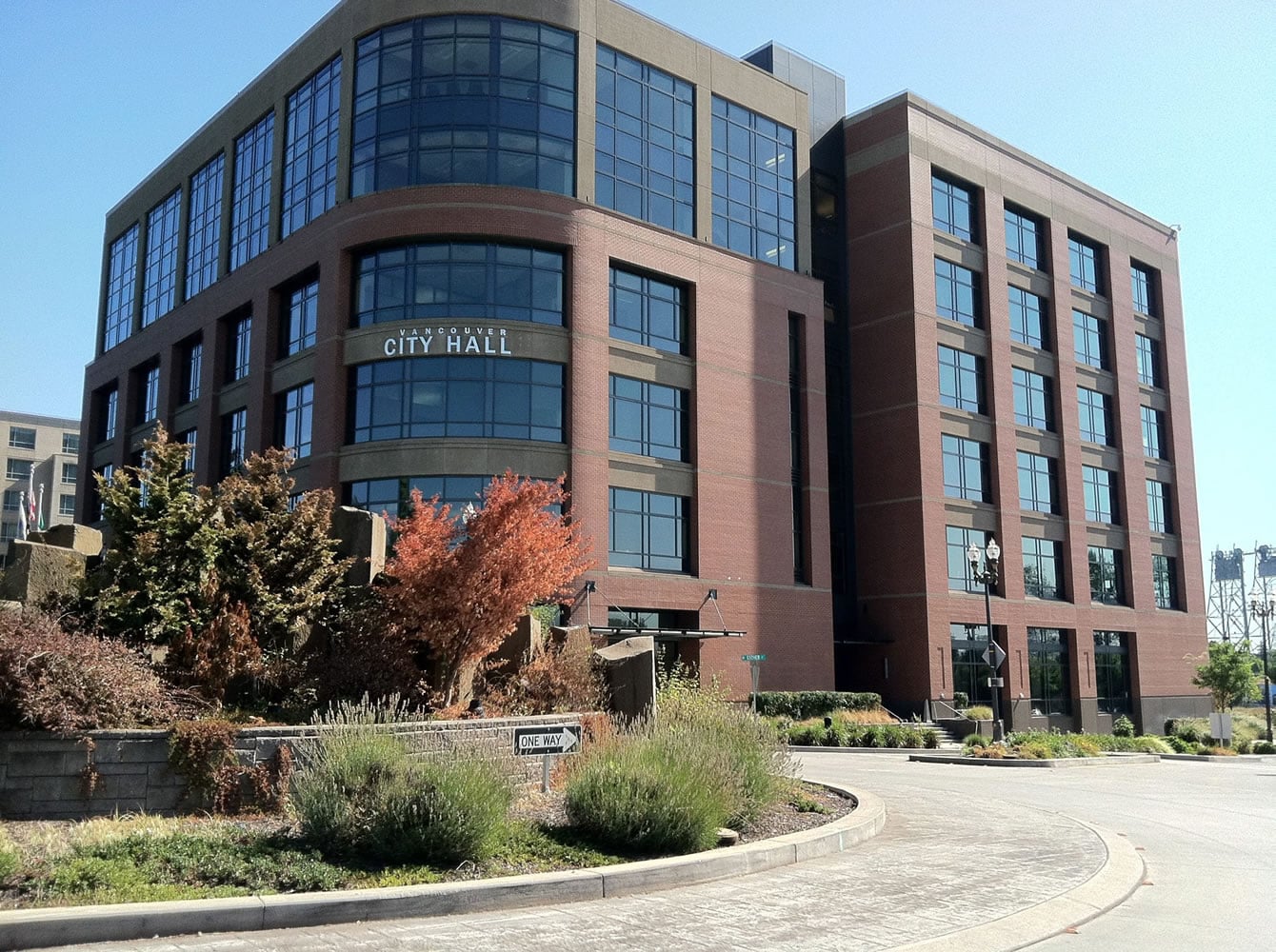Boosted by a strong housing market and booming construction activity, Vancouver’s economy continues to expand, but not as quickly as before, according to the city’s financial analysis of 2015 and the first quarter of 2016.
Consumer confidence remains strong: The city’s sales tax revenues shot up 15 percent in 2015 from the prior year. The median housing price in city limits is up 9.5 percent. Residential housing permits are flying out the door.
The city closed the year with revenues 2 percent above the forecast, expenditures slightly below forecast and $57 million in reserves. The city’s 2015-16 operating and capital budget is $1.07 billion. The general, street and fire fund’s two-year budget is $391 million.
Overall, “the city is stable financially at the moment,” city Deputy Finance Director Natasha Ramras said.
Having managed to skirt the economic slowdown that’s plaguing much of the nation and the world, Vancouver is an anomaly. But city finance staff predict Vancouver’s growth won’t last.
“We are not immune. Whatever’s happening in the national economy will likely impact us,” Ramras said.
Auto sales, construction-related sales and general merchandise accounted for the fastest growing categories of retail sales last year and pushed sales tax to exceed the city’s forecast by almost $4 million. However, sales tax revenues are likely to plateau this year, the report said, because many of the elevated 2014 sale trends were in the auto industry and aren’t sustainable.
Economic indicators that could affect the city’s revenues in the future include slowing global and U.S. economic growth, weaker manufacturing activity and the impact of a stronger dollar on exports, Ramras said. The volatility in oil prices, China’s economic slowdown, the growing refugee crisis in Europe and conflict in the Middle East are influencing the global economic decline, said Lloyd Tyler, the city’s chief financial officer.
Vancouver’s median housing prices soared 9.5 percent in the last 12 months to $247,800, which is healthy compared to other markets nationally. The Market Health index rates the Vancouver market at 7.9 out of 10 possible.
But the surge in local housing prices that began in December 2011 isn’t expected to last.
“Housing prices in the local area have likely reached their peak and are anticipated to start showing signs of a slowdown in the coming months,” the city report said.
In the meantime, builders of houses, apartments and commercial projects have been increasingly busy locally. Last year, Vancouver issued 366 residential permits in 2015 with a total valuation of $38.3 million, almost double the number of permits issued the prior year. By contrast, the Western U.S. region showed a 6.1 percent decline in housing permits in the last year, according to the city report.
For all of 2014, 189 permits in Vancouver were issued for single-family residential houses with a total valuation of $21 million. Compare that to the first quarter of 2016, when the city issued 132 single residential unit permits.
Permits for new multi-family units within city limits are going at a fast pace. Last year, 705 units were permitted, compared to 609 in 2014 and 657 in 2013, which was roughly double that of 2011 and 2012.
So far this year, 218 units have been permitted with a valuation of $13.1 million. Also in the first quarter, 26 commercial projects were permitted with a total valuation of $33.2 million.
The city collected $220,000 in planning permit fees in the first quarter of 2016, more than $70,000 more than in the first quarter of 2015.




